Participating in Democracy: The 6-Minute Ignatian Advocacy Challenge
BY JEFF PEAK | February 7, 2017
Jeff Peak participated in the 6-Minute Ignatian Advocacy Challenge, calling his Congresspersons to oppose President Trump’s executive orders on immigration and refugees. Learn more about how you can be involved here!
In his maiden speech on the floor of the United States Senate, Ben Sasse from my adopted home state of Nebraska called for more substantive and meaningful discourse in the political realm.
“This is not a call for less fighting – but for more meaningful fighting. This is a call for bringing our A-game to the debates on the biggest issues here, with less regard for the 24-month election cycle and the 24-hour news cycle. This is a call to be for things that are big enough that you might risk your reelection.”
Working at a university, these “biggest issues” are precisely the topics that I hope we, too, question and debate in an open and honest way, in a manner fitting of the centuries-long tradition of the academy. Since Creighton University is rooted in Jesuit and Catholic charisms, an important consideration for the discourse at our university is that it not neglect morality and ethics as we search for humane, justice-focused solutions to these pressing matters.
In the entire time that I have been registered to vote, I have never been a member of a political party, precisely so I could discern how I feel about difficult issues in light of my faith and my own lived experiences, without feeling pressured by party allegiance.
For that reason, yesterday I took the 6-minute Ignatian Advocacy Challenge sponsored by the Ignatian Solidarity Network. The challenge asks members of the Ignatian Family, and indeed, all people of faith and good will, to call their members of Congress and ask them to oppose the President’s recent executive orders affecting immigrants and refugees.
This is an issue that I am passionate about, but I do the great tradition of the university no good if I only have conversations about these (and other) topics with people who already agree with my point of view. I’m looking to have reasoned, well-thought-out conversations with folks who disagree with me. Let’s go grab coffee. What do you say to lunch? This kind of respectful discourse is not as exciting to see on television, it’s not what gets likes or favorites on social media, but it breaks down the echo-chambers that are separating our country into silos that don’t communicate with one another.
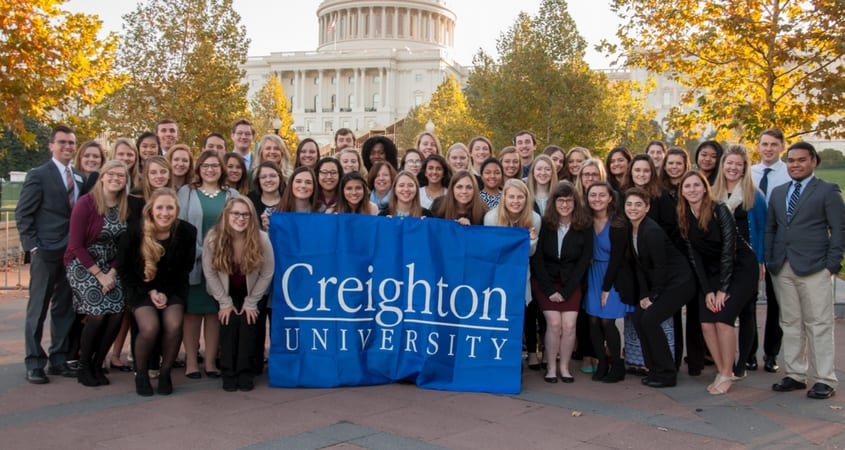
The author with Creighton University students on Advocacy Day at the 2016 Ignatian Family Teach-In for Justice [Jeff Peak]
- My family’s immigrant history: I’ve been interested in my family history for a long time, and every time I dig deeper into my genealogy to discover new branches of my family tree, it’s not long before I hit an ancestor who immigrated to this great country. Even the “Peaks” who have been in North America since before the Revolutionary War travelled across the Atlantic Ocean from Great Britain to settle in the English colonies. Knowing my own history, coming from a family of immigrants, it makes it difficult to ignore the current broken immigration system and means I have a desire to see the system fixed.
- I am a person of faith: In addition to the calls from the Pope, Catholic bishops, and the Jesuit Conference to “welcome the stranger,” I feel strongly that a policy specifically targeting individuals from a certain religious background sets a dangerous precedent that can one day be used to limit the free expression of my own religious beliefs.
- My work with immigrants and refugees: Growing up in Los Angeles and now having lived and worked in Chicago, Jersey City, and Omaha, I have known friends, colleagues, neighbors, and classmates both with documents and without. I have friends who are refugees, I have worked at an after-school program for refugees, and volunteered with the two resettlement agencies in Omaha. I have been to El Paso: I have visited the border; met with Border Patrol; sat in on immigration court and talked with an immigration judge; I have met with farmworkers, social service providers, and migrants who have recently crossed into the United States. The people I know are hardworking people of good will that are seeking refuge from dangerous situations in their own countries.
If you disagree with the President’s executive orders for these, or other, reasons, I encourage you to reach out to your elected officials and participate in ISN’s Ignatian Advocacy Challenge. Democracy is a participatory endeavor, and it’s important to have our voices heard.
And I’m serious about my offer for coffee. We need civil discourse to facilitate the exchange of ideas so I can hear your stories, and you might be able to hear more of mine. As Senator Sasse said in that same maiden speech:
“Good history is good storytelling. And good storytelling demands empathy; it requires understanding different actors, differing motivations, competing goals. Reducing everything immediately to good and evil is bad history – not only because it isn’t true, but because reductionism is unpersuasive; it is boring. Good history, on the other hand, demands that one talk socratically – that one can present alternate viewpoints, not strawman arguments.”
TAKE THE 6-MINUTE IGNATIAN ADVOCACY CHALLENGE NOW!
Jeff Peak is the assistant director of Campus Ministry at Loyola University Chicago where he is also working on his MDiv and Master of Arts in Social Justice. Jeff is a native to Los Angeles, has degrees from Creighton University, and is a long-time friend of the Ignatian Solidarity Network.

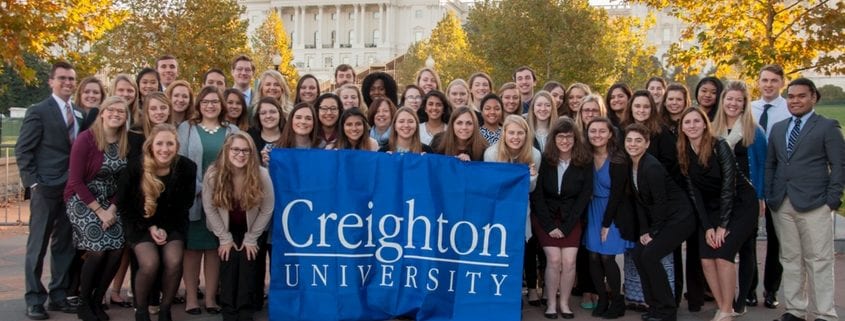
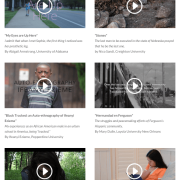


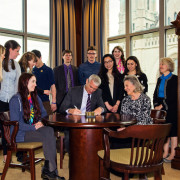

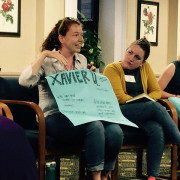

Leave a Reply
Want to join the discussion?Feel free to contribute!